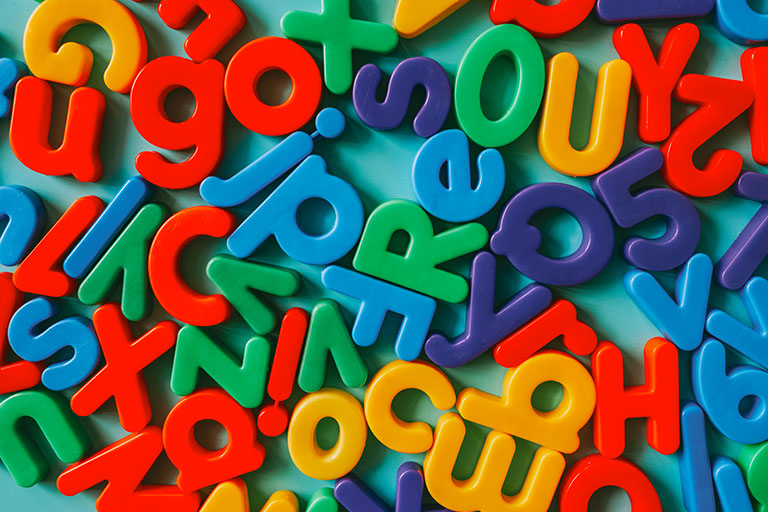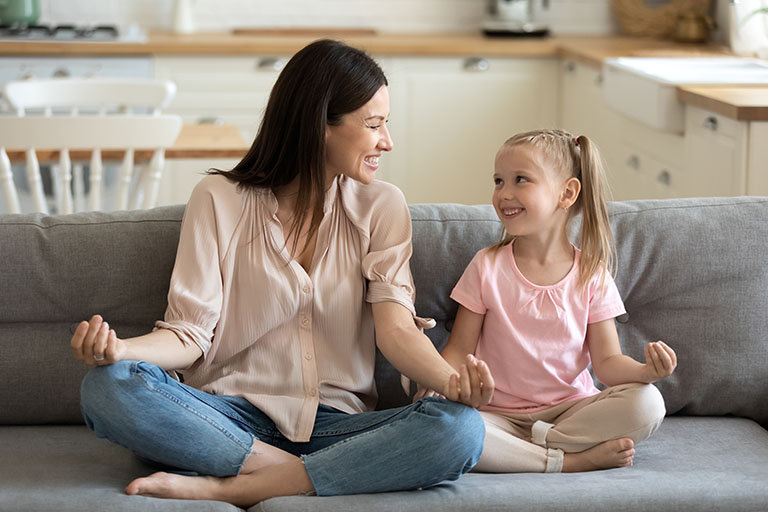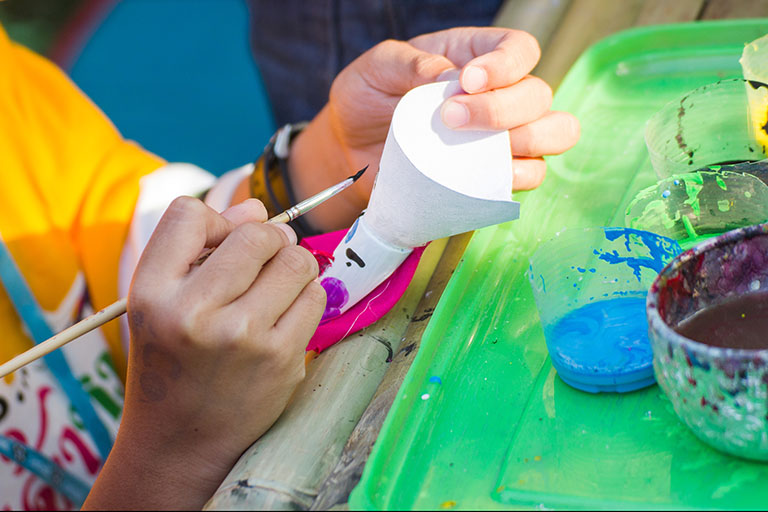Practical Life Video Resource Library
Montessori Practical Life Lessons for K-5
Related Subject Categories
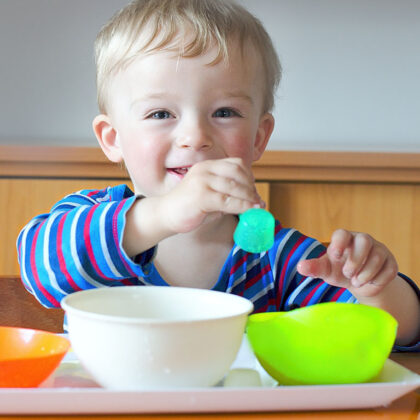
Childhood is said to be the foundation period of one’s life. It is when children go through physical, intellectual, mental, social, and linguistic development. They move into more serious studies from kindergarten learning. They learn about various elements present in the environment, how they interact with each other, what living and non-living things are, etc.
Montessori Practical Life Activities, such as pouring, spooning, washing, and food preparation, can help a child develop essential skills, such as independence, concentration, a sense of order, and confidence. These activities also help them refine fine motor skills, which are necessary for more complex tasks in the future, such as writing and reading.
As we move towards a digital-first world, our children get access to technology from a very early age. It is of utmost importance to teach them essential life skills through Montessori practical life activities at home. These lessons aim to hone the practical life skills of children in the K-5 category and instill a sense of independence and confidence in them.
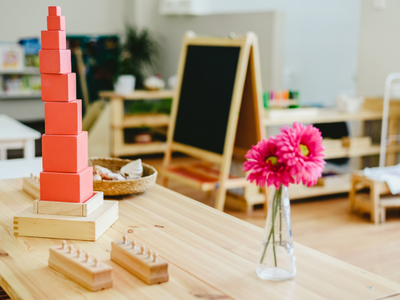
Frequently Asked Questions
Practical life is one of the three fundamental areas of Montessori education. It is a time for children to learn about the things that are necessary for everyday life, such as cooking, cleaning, and other household chores.
The purpose of Montessori practical life activities is to help children develop their sense of independence, coordination, and self-sufficiency. Additionally, practical life exercises will aid in the child’s development’s intellect and concentration, which will also help them develop an orderly way of thinking.
It helps the child to give a sense of being and belonging, established through participation in daily life with adults. Montessori practical life activities revolve around five areas: caring for the self, caring for the environment, food preparation, grace & courtesy, and movement of objects.
Practical life activities are necessary for a child to learn how to do tasks they will need in their everyday life and for the development of society.
The Montessori approach is a holistic, child-centered, and constructivist education method based on the developmental principle that children learn by doing. Practical life activities are an important part of the Montessori curriculum because they teach children skills they need in order to function independently in the world.
If a child learns to juice an orange or learns how to dress, they are not “just” tasks. These tasks help a child fulfill their own desires and needs to follow a complex motor sequence independently. These skills, when taught at an early stage of development, allow children to believe in themselves and develop the self-discipline needed for success throughout their lives.
The practical life activities included in early childhood (3-6 years) are divided into 5 categories:
Refinement of Movement
- Walking on a line, Silence Games,
- Sequence of scooping/spooning, squeezing, threading activities, twisting, pouring activities, folding activities
Care of Environment
- Use of rugs/mats, child size furniture,sweeping and dusting.
- Mopping the floor, scrubbing surfaces, washing windows, washing dishes, polishing.
- Sequence of sewing activities.
- Arranging flowers and caring for plants, animals and outdoor environment
- Sequence of carpentry activities, screwdriver & screws.
Grace and Courtesy
- Greetings and introductions, respectful conversations, manners for meals and group settings and classroom procedures
Personal Care and Health
- Storing personal clothing and belongings, dressing frames, dressing and undressing.
- Cleaning and polishing shoes
- Nose-blowing, toileting and use of the bathroom facilities, handwashing and personal care.
Food Preparation
- Washing, cutting fruits and vegetables
- Preparing and serving food and drinks.
- Cooking and baking activities.
Montessori practical life activities help a child develop motor control and coordination, independence, concentration, and a sense of responsibility.
Montessori Practical Life Exercises are a series of practical life skills that are designed to help children develop the skills that they will need in their daily lives.
The benefits of Montessori Practical Life Exercises include:
- Helping children develop independence and self-confidence.
- Help a child develop motor control and coordination
- Teaching children how to take care of themselves and their environment.
- Encouraging curiosity and exploration.
- Developing children’s self-management skills.
Subscribe to our Mailing List






